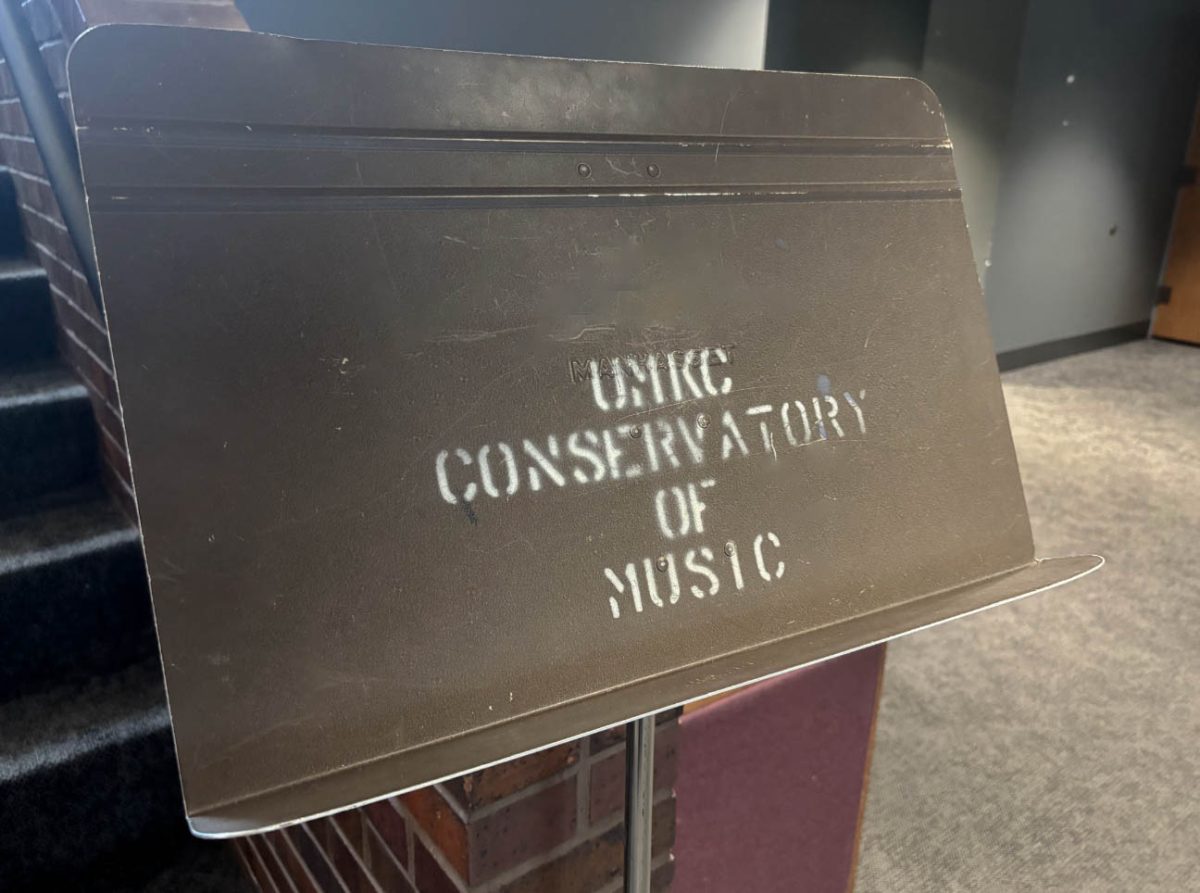Many students at UMKC have found themselves having to come back an additional semester to take another class – or classes – just when they believed they were supposed to walk across the stage.
Students already have to deal with the stress that comes with college, not to mention their personal lives. Having last-minute changes appear does nothing but unnecessarily stress out students even more.
Students have found themselves having different advisors which can sometimes lead to information that doesn’t match up. Transfer students have also found this to be especially irritating.
“After transferring to UMKC, I was told two months after the school year started that most of the classes I took at Longview would only count as electives at UMKC,” said language and literature major Annalise Tiley. “I’d have to retake them at UMKC and graduate a semester later than expected. I ended up switching my degree and major [Business Administration] because of it.”
Financially, this can be a setback as well. Some students or their parents pay their tuition out of pocket to avoid student loans. Finding out there are potentially thousands of dollars you have to spend would catch anyone off guard. There’s already the scrutiny revolving around having to take classes that don’t pertain to your major.
“The only issues I had with my advisor were my credits. It makes no sense that we have to take classes that don’t apply to our majors,” said Deja McKenzie, a recent UMKC communications graduate. “It feels like we’re just throwing money away.”
Although it’s easy to get angry and blame advisors, some students think it should be a lesson to take note of how many credits they have remaining. Instead of relying on advisors, they think it’s good practice to look over everything themselves so nothing is a last moment surprise.
“My second to last semester [advisors] tried to say I needed a class that I had already taken,” said Jaylah Whitney, a recent UMKC nursing graduate. “To anyone about to graduate, I would say to go back and look at your class history and double-check that everything looks fine. You have to look out for yourself and not rely on anyone else”
As Whitney said, keeping track of credits is a good way to be proactive, but it’s also a way to assist advisors if they happen to miss something.
They may be advisors but they’re also human.








